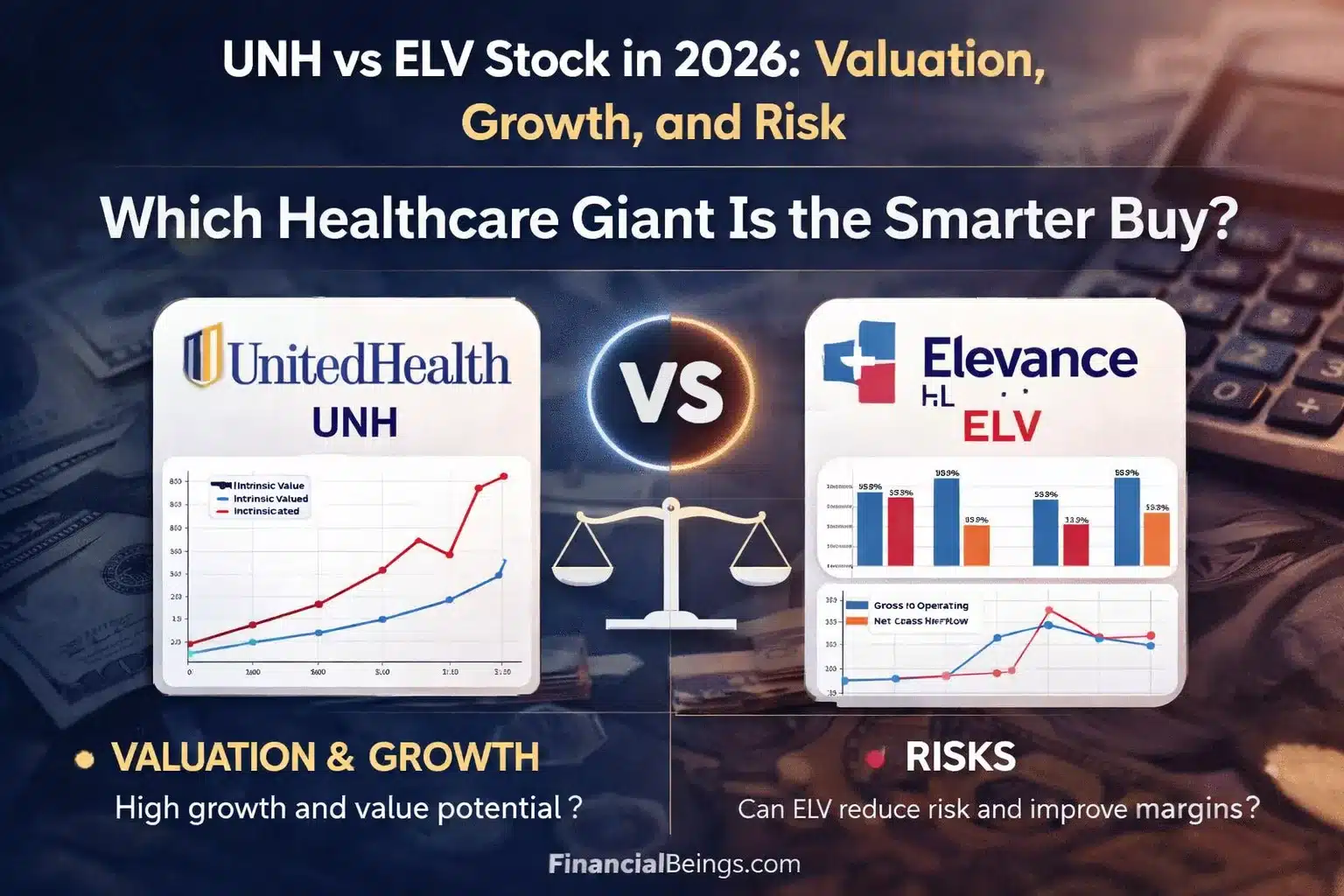Introduction
Explore BYD Stock Forecast 2030 through predictions of both financial expansion and EV industry success and expert price evaluations. Investors should consider BYD as a leading electric vehicle stock for their portfolios.
BYD Company Limited (BYDDF) achieved global EV leadership status by growing its market dominance while innovating new products that compete against Tesla and other major businesses. The growing market need for sustainable transportation fuel drove BYD to increase its output of plug-in hybrid electric vehicles and battery electric vehicles.
Due to its strong financial standing and worldwide growth strategy BYD attracted many investors who see it as a promising long-term investment opportunity. The article examines how BYD stock values are projected during the period of 2030 by studying the company’s financial strength alongside market control capabilities and market expansion trends.
Financial Analysis of BYD: Why the Company is Thriving
In the past few years, BYD has produced financial results that are absolutely remarkable. The company’s revenue has skyrocketed from $216 billion in 2021 to an estimated $777 billion in 2024. Electric vehicle markets are expanding globally as BYD establishes itself as a leading producer of BEVs and PHEVs, which is why the company’s revenue has increased dramatically. Since BEV targets are not the exclusive focus of its competitors, BYD’s dual product approach allows the business to serve customers in both BEV-focused and PHEV-focused markets.
Increasing profitability is critical to BYD’s financial stability. Gross margins increased significantly for the company from 13.02% in 2021 to 19.44% in 2024. From a low of 1.41 percent in 2021 to more than 5 percent in 2024, BYD’s net margin percentage increased significantly. While it consistently expands its margins, the company’s primary priority is operational efficiency. Vertical integration allows BYD to design and manufacture its own batteries and semiconductors, reducing manufacturing costs and supply chain risks.
Operating margin increased to 7% in 2024 from 3.51% in 2021, a year of growth for the company. The company’s improved KPIs are a result of various factors, including a higher volume of sold items, better cost control, and the capacity to increase pricing through innovation and a positive brand reputation. Growth in both BYD’s global footprint and production volume has allowed the company to take advantage of economies of scale, resulting in improved profitability.
The company runs a balanced financial position at a healthy level. A strong financial position characterizes BYD because it displays healthy debt-to-cash-flow and debt-to-EBITDA metrics. Research and development funding receives substantial reinvestment from the company due to its prudent financial management approach. BYD maintains a strong free cash flow position worth $36 billion in 2024 which provides it the liquidity to support future growth initiatives and technological investments and facility expansions across the world.
BYD generates continuous shareholder value through its Return on Equity (ROE) and Return on Total Capital (ROTC) ratios, which demonstrate efficient capital resource utilization. Strong financial indicators show that investors hold a favorable view of the company which creates stability for continuing business growth. Find out Dividend and Growth Stocks here!
BYD implements its performance agenda by combining intense electric vehicle consumer interest with vertical operating control along with international market growth potential and margin expansion efforts that maintain financial prudence. The company achieves visible strength within the worldwide EV market because of its advantage zones that prompts market analysts to predict positive stock developments through 2030.
Recent AI projects by BYD
| Project Name | Description |
| DiPilot (Intelligent Driving System) | BYD’s in-house autonomous driving system using AI for lane-keeping, adaptive cruise control, and assisted parking. Continuously upgraded with machine learning algorithms. |
| XUANJI Intelligent Cockpit | AI-powered smart cockpit platform that personalizes user experiences, voice control, and entertainment using natural language processing. |
| Battery Health Prediction AI | AI algorithms that analyze battery usage patterns to forecast battery life, optimize charging, and prevent failures. |
| AI-Optimized Manufacturing System | AI-driven quality control and robotic automation in BYD factories to improve production efficiency and reduce errors. |
| Smart Energy Management (SEMS) | AI-powered system integrated into EVs and homes to optimize energy usage, solar storage, and grid interaction. |
| BYD e4 Platform with AI Integration | A new generation EV platform using AI to enhance vehicle dynamics, energy efficiency, and self-diagnostic capabilities. |
BYD’s Global Expansion and Strategic Partnerships — a key driver of its future stock potential
| Region/Country | Strategic Move |
| Europe (Germany, UK, Norway) | BYD launched a lineup of EVs, including the Atto 3 and Han, and is opening showrooms across Europe. |
| Thailand | Opened a manufacturing plant to serve Southeast Asia; aiming to become a top EV brand in the region. |
| Brazil | Entered the Brazilian market with electric buses and passenger cars, supporting green transport goals. |
| Australia | Partnered with local distributors to rapidly expand its EV footprint with high-volume sales. |
| Japan | Launched EV models with plans to become a significant player in the local auto market. |
| Partnership with Nvidia | Collaborating to integrate Nvidia’s autonomous driving chips into next-gen models for advanced AI features. |
| Partnership with CATL | Works with the world’s largest battery supplier to ensure sustainable and efficient EV battery production. |
Conclusion
BYD stands as one of the leading electric car companies with financial strength along with quick-paced global expansion and industry dominance. BYD demonstrates strong long-term potential because the company presents a healthy financial position and maintains low debt levels together with increasing annual revenue and earnings.
The company is pursuing European and Southeast Asian and Latin American market expansion while developing projects related to energy management and autonomous driving and artificial intelligence. Shareholder value will grow progressively as BYD strengthens its product range and manufacturing synergy along with its dedication to sustainable environmental practices.
Based on current developments BYD aims to establish itself as one of the market’s leading electric vehicle manufacturers for production and innovation by 2030. Investors focused on transportation sector trends should read the BYD stock.
Disclaimer:
The content provided herein is for informational purposes only and should not be construed as financial, investment, or other professional advice. It does not constitute a recommendation or an offer to buy or sell any financial instruments. The company accepts no responsibility for any loss or damage incurred as a result of reliance on the information provided. We strongly encourage consulting with a qualified financial advisor before making any investment decisions.






